Microsoft's Bing partnerships could be hurting Google more than direct competition
4 min. read
Published on
Read our disclosure page to find out how can you help Windows Report sustain the editorial team. Read more
As Microsoft makes its departure from display advertising, US paid search numbers are rolling in for the quarter. According to a Digital Marketing report published by the firm Merkle RKG and gathered by Search Engine Land, search ad spend growth slowed in the US. CPC (cost-per-click) growth for the quarter was hindered by advertisers wising up and maintaining more efficient search programs rather than exhibiting more traditional spending habits. On average, clicks rose a mere 3% in the quarter, which is a 14% drop from last years Q2 results. On the other hand, CPC’s did show a rise of 11% for the quarter.
As tablet news and sales have begun to slow, predictably so has the click return for those devices. Tablet clicks accounted for a meager 3% increase in Q2 of this year, but ultimately clicks are down 14% year over year. Once again though, CPC’s managed to show an increase of 11% year over year in Q2. On the plus side, phone revenue shows signs of improvement and the trend points to continued growth. Last year, the RPC (revenue-per-click) for phone revenues were 66% lower than that of desktops. This year however, the gap has shrunken to 58% revenue-per-click.
As far as traffic for the large search engines are concerned, Google’s growth is slowing but its Brand CPC’s are offsetting the decline. According to the Merkle Report, “Google’s share of the paid search market among Merkle RKG clients fell from the previous year but remained steady from Q1. The year-over-year decline is in large part to Yahoo’s deal with Firefox to be the default search engine. The report found that Google lost roughly 2 percent of overall click share as a result of the deal.”
Bing, on the other hand, saw increases in Search ad spend to the tune of a 27%. However, the search engine’s CPC stumbled along the way. Bing CPC’s were only up 2% in year over year reporting. Other areas of note for Bing came from click volume. While Bing’s growth slowed, it managed a 24% increase on the back of the recent Yahoo and Firefox deal. Specifically, 10 points of the click volume growth Bing experienced could be traced back to the Firefox deal. Merkle notes that the recent deal between Yahoo and Firefox may have played a role in the small declines Google experienced in the paid search market. In many ways, Bing continues to benefit from the newly formed Yahoo and Firefox deal.
The Firefox and Yahoo deal presented a new platform for Yahoo to utilize called Gemini. Gemini was originally designed to serve only mobile search ads, but after some negotiations with Microsoft, a new deal was struck. Now Gemini can serve ads to the desktop as well.The new platform months into its launch now accounts for 15% of the total Yahoo and Bing consortium of search as clicks on all devices.
Microsoft’s decisions that resulted in the company stepping away from display advertising, renegotiated terms with Yahoo, as well as a new deal with AOL, could have Bing reaping rewards from a multitude of avenues. The Merkle report explains, “For Merkle RKG clients, Google search partners generated 8 percent of Google’s overall search ad clicks, and partner AOL generated 1 percent of those clicks in Q2 2015. In a 10-year deal signed last month, Bing will begin serving search results and ads on AOL in the beginning of 2016 .” Microsoft has chosen to stop going head to head with Google in various search aspects and would now rather support other companies doing so.
Microsoft’s new approach is already having some effect on Google’s numbers, but we’ll have to wait and see if this quarter is an indirect anomaly or the start of a direct trend.



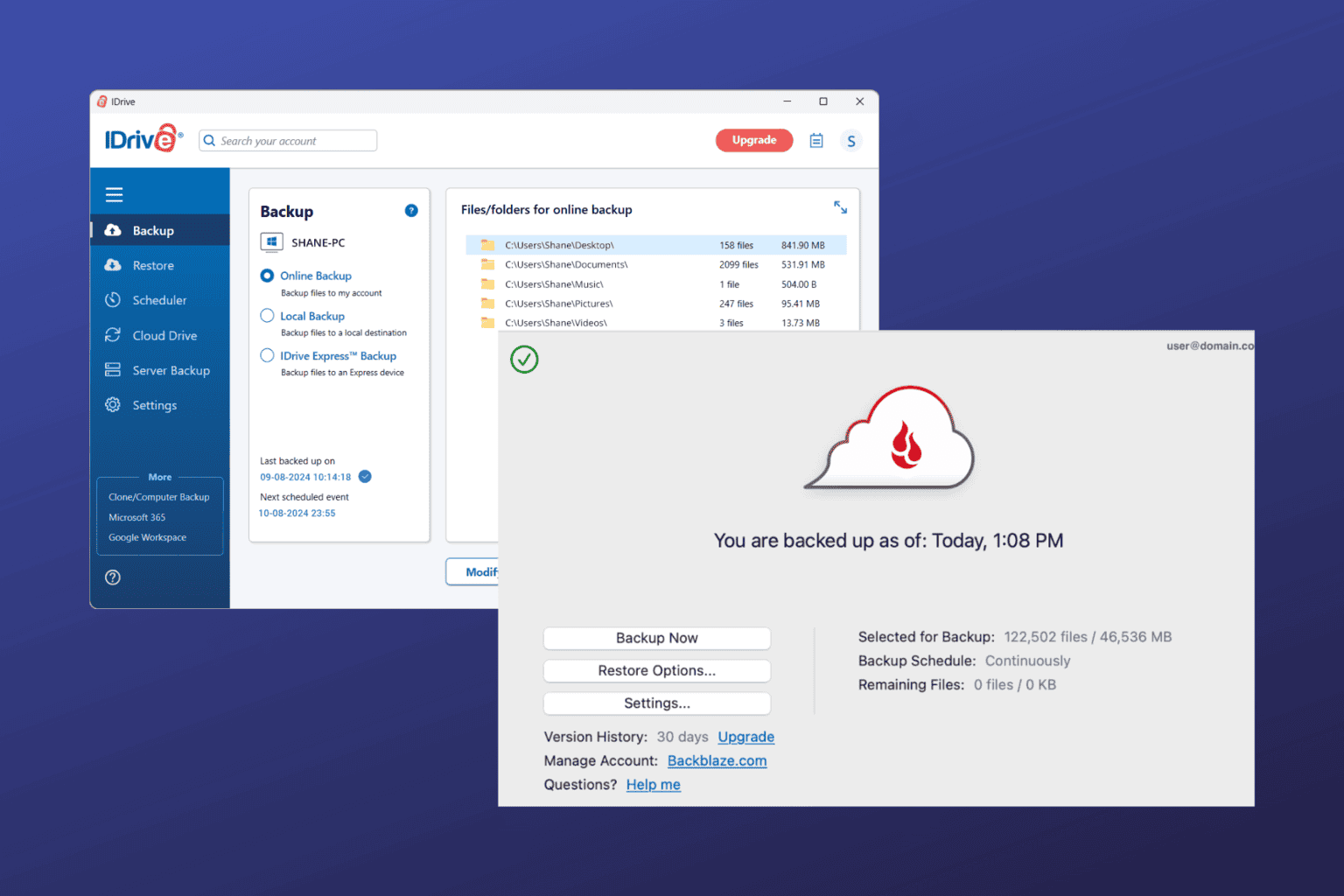
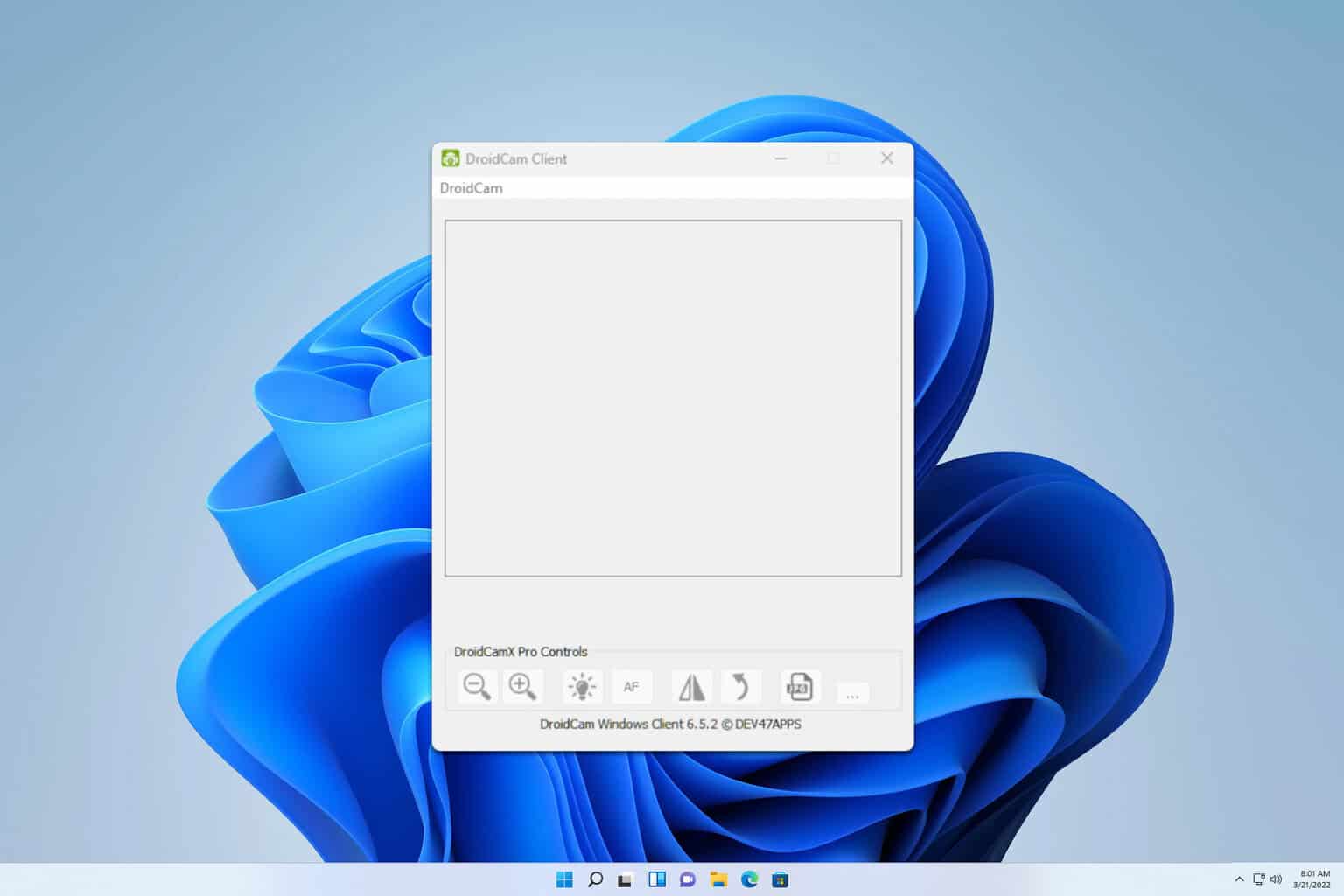
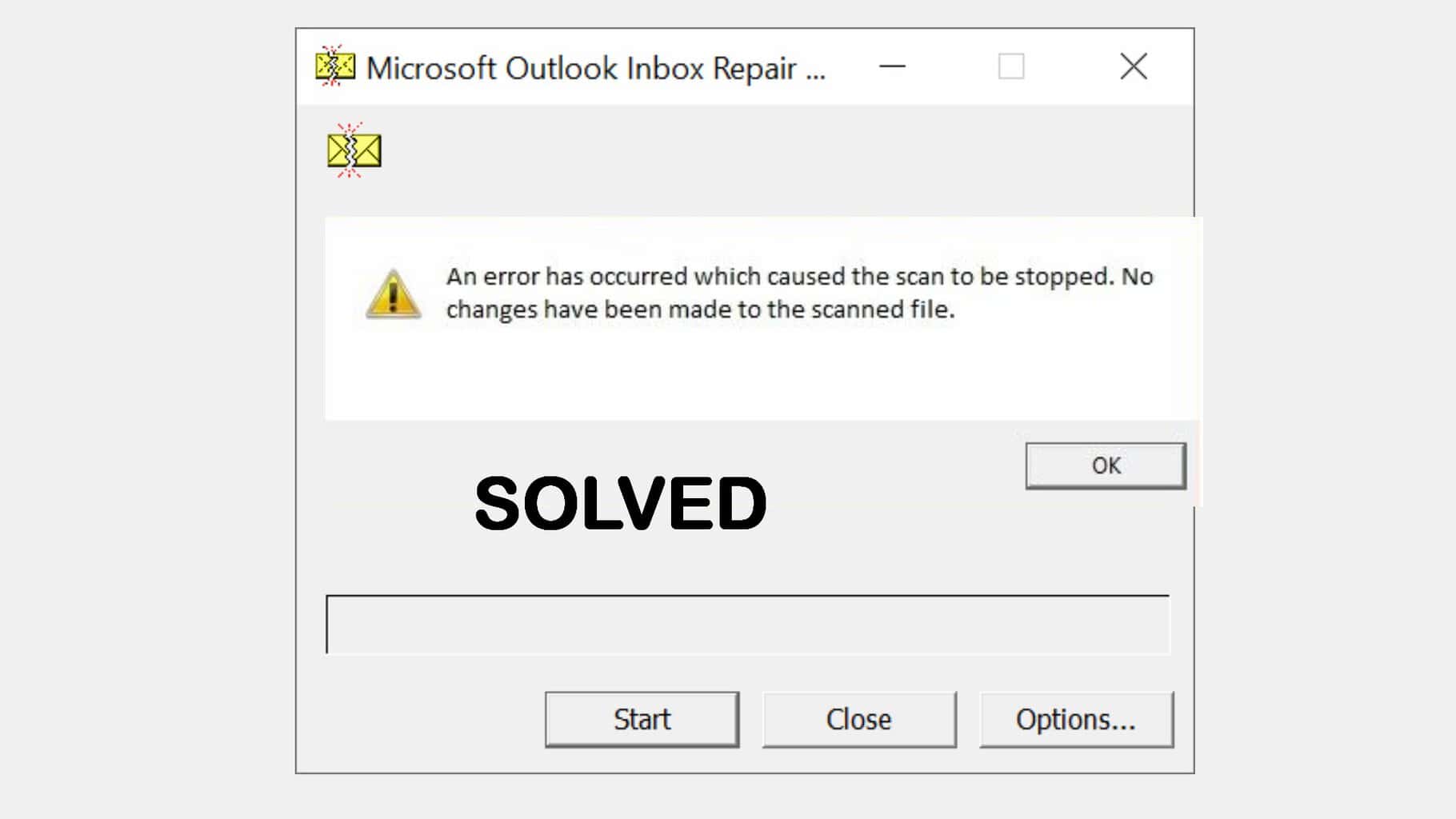
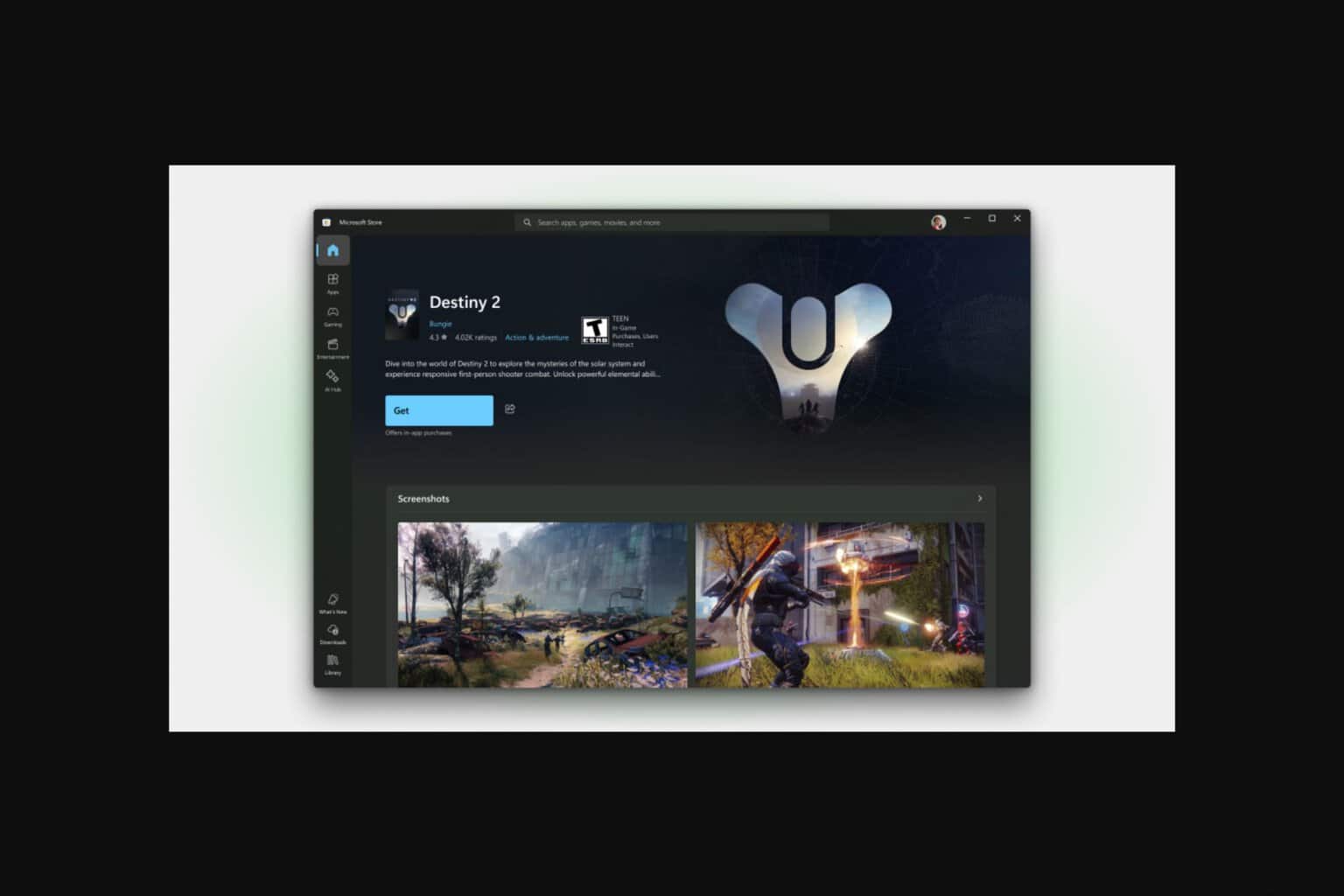

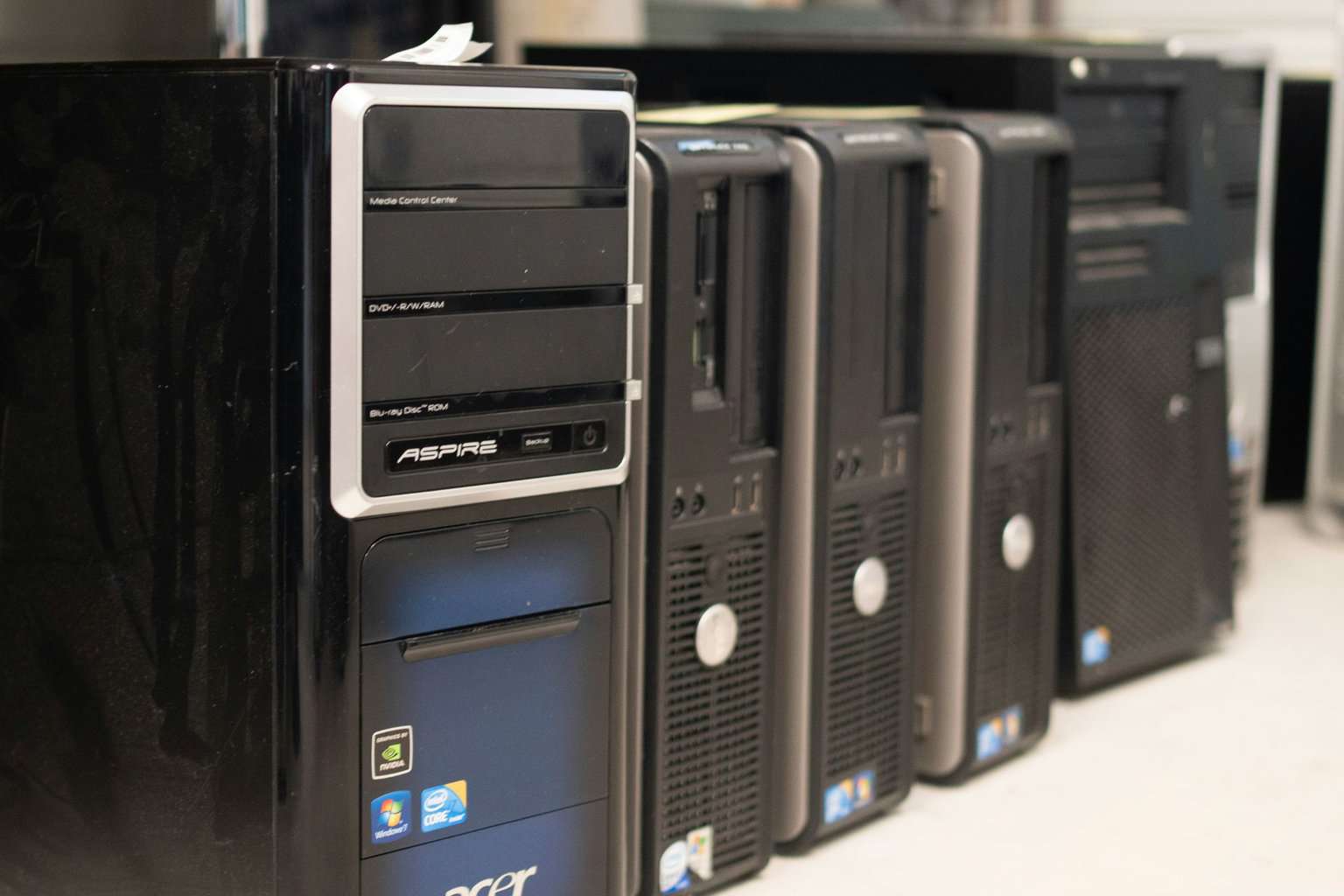
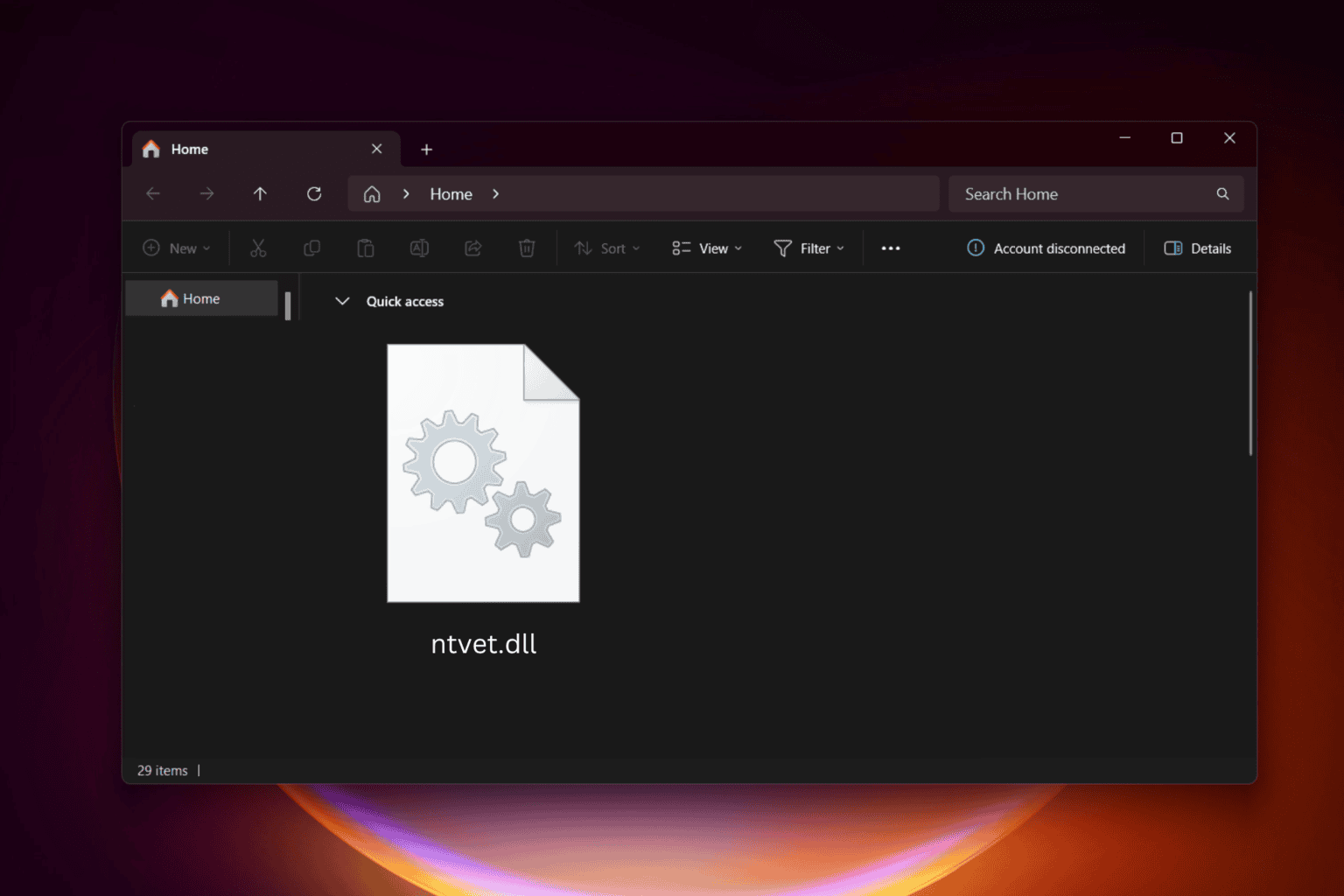
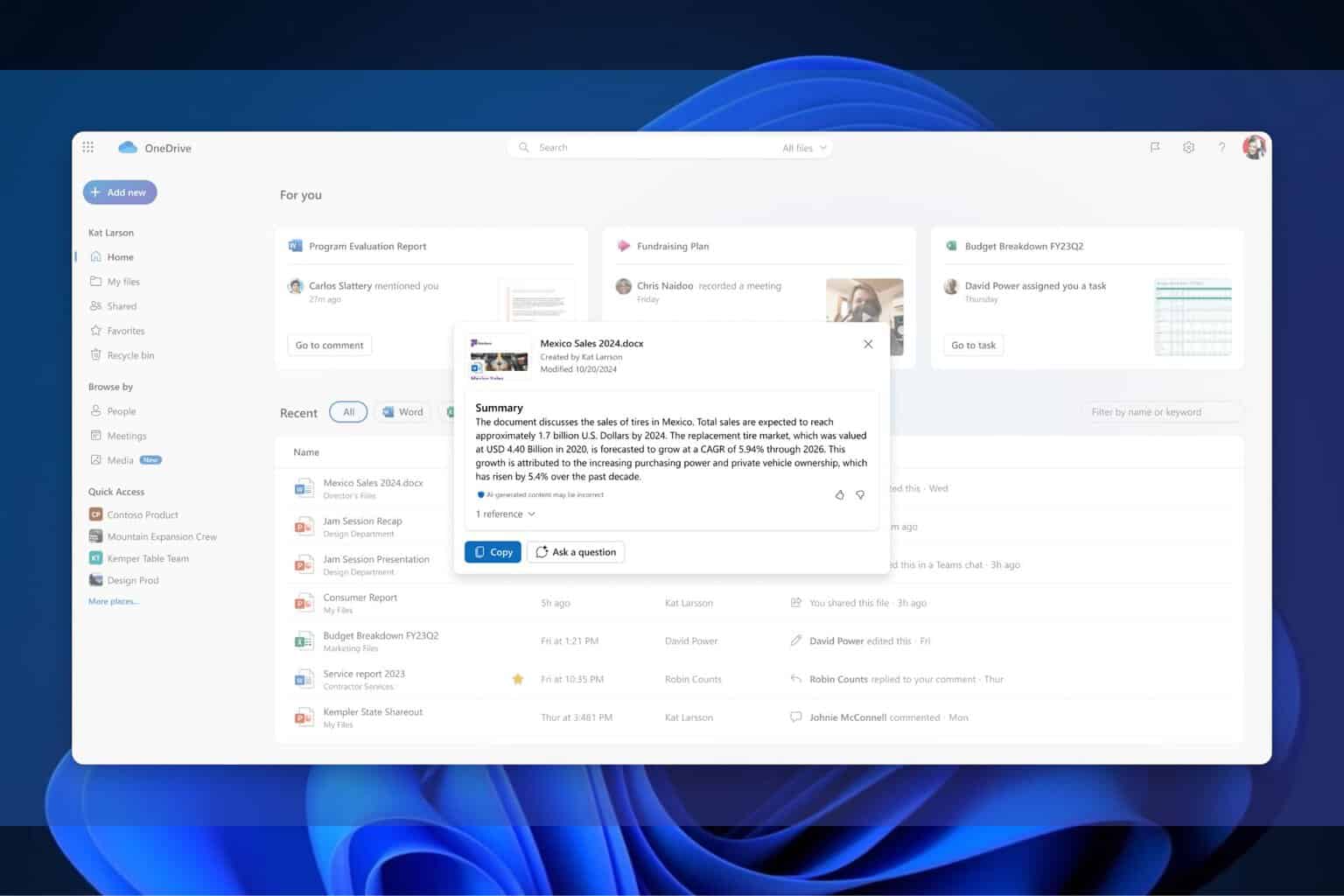
User forum
0 messages